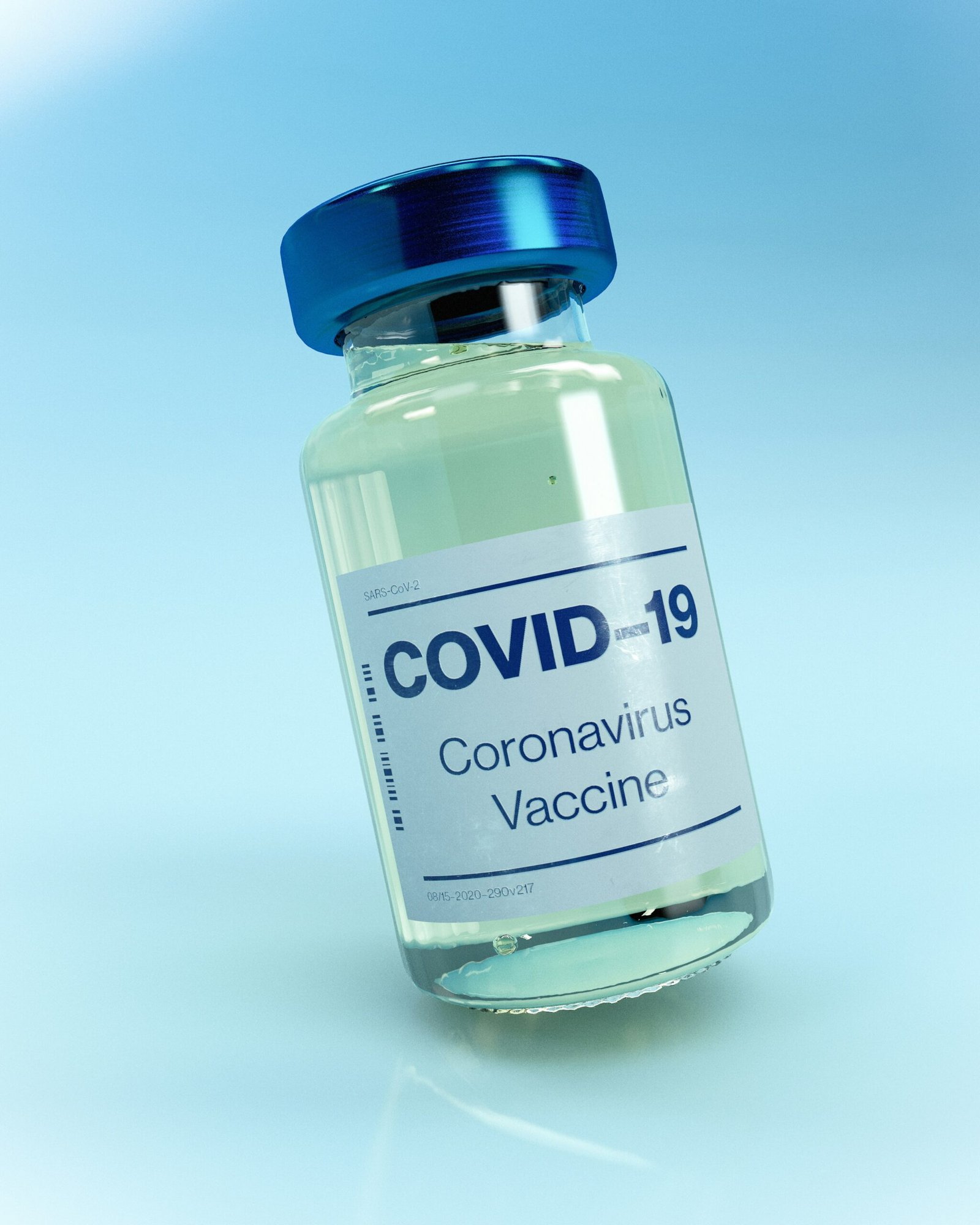Mesothelioma Treatment: A Comprehensive Guide
Mesothelioma is a rare and aggressive form of cancer that develops in the lining of the lungs, abdomen, or heart. It is primarily caused by exposure to asbestos, a mineral that was widely used in construction and other industries until its harmful effects were discovered. If you or a loved one has been diagnosed with mesothelioma, it is important to understand the available treatment options and make informed decisions about your care.
1. Surgery
Surgery is often a key component of mesothelioma treatment, especially if the cancer is diagnosed at an early stage. The goal of surgery is to remove as much of the tumor as possible and potentially improve the patient’s prognosis. There are different types of surgical procedures that may be recommended, including:
- Extrapleural pneumonectomy: This extensive surgery involves removing the affected lung, the lining of the lung, the diaphragm, and the lining of the heart. It is typically performed for patients with early-stage mesothelioma.
- Pleurectomy/decortication: This procedure involves removing the lining of the lung and any visible tumors. Unlike extrapleural pneumonectomy, it does not involve removing the lung itself.
- Cytoreductive surgery: This surgery aims to remove all visible tumors in the abdominal region for patients with peritoneal mesothelioma. It is often combined with heated chemotherapy, known as HIPEC (hyperthermic intraperitoneal chemotherapy).
It is important to note that not all patients are eligible for surgery, as it depends on various factors such as the stage of the cancer, overall health, and individual circumstances. A thorough evaluation by a mesothelioma specialist is crucial in determining the most appropriate treatment plan.
2. Radiation Therapy
Radiation therapy uses high-energy X-rays or other forms of radiation to kill cancer cells and shrink tumors. It is commonly used in combination with surgery or as a standalone treatment for mesothelioma. There are two main types of radiation therapy:
- External beam radiation: This type of radiation therapy involves directing radiation from a machine outside the body towards the tumor. It is typically administered over several weeks, with daily sessions.
- Brachytherapy: In brachytherapy, radioactive material is placed directly into or near the tumor. This allows for a higher dose of radiation to be delivered to the cancer cells while minimizing damage to surrounding healthy tissues.
Radiation therapy can help relieve symptoms such as pain and difficulty breathing, and it may also be used after surgery to kill any remaining cancer cells. However, like surgery, eligibility for radiation therapy depends on individual factors and should be discussed with a medical professional.
3. Chemotherapy
Chemotherapy is a systemic treatment that uses drugs to kill cancer cells throughout the body. It is often used in combination with surgery and radiation therapy to increase the chances of successful treatment. There are different chemotherapy drugs available for mesothelioma, and the specific regimen will depend on various factors.
Chemotherapy can be administered orally or intravenously, and it may cause side effects such as nausea, hair loss, and fatigue. However, advances in medical research have led to the development of targeted therapies and immunotherapy, which are more tailored and potentially less toxic treatment options for some mesothelioma patients.
4. Clinical Trials
Clinical trials play a vital role in advancing mesothelioma treatment options. These trials involve testing new drugs, treatment approaches, or combinations of therapies to determine their safety and effectiveness. Participating in a clinical trial may provide access to cutting-edge treatments that are not yet widely available.
It is important to carefully consider the risks and benefits of participating in a clinical trial and discuss it with your healthcare team. They can provide information about ongoing trials and help you make an informed decision about whether it is the right choice for you.
5. Palliative Care
Palliative care focuses on providing relief from symptoms and improving the quality of life for patients with serious illnesses, including mesothelioma. It is not a cure for the disease but aims to manage pain, alleviate side effects of treatment, and provide emotional support.
Palliative care can be provided alongside curative treatments or as the main approach for patients who are not eligible for aggressive therapies. It involves a multidisciplinary team of healthcare professionals who work together to address the physical, emotional, and spiritual needs of the patient and their family.
Conclusion
Mesothelioma treatment requires a multidisciplinary approach and should be tailored to each individual’s specific circumstances. Surgery, radiation therapy, chemotherapy, clinical trials, and palliative care are all important components of the treatment journey. Consulting with a mesothelioma specialist and seeking support from healthcare professionals can help navigate the available options and make informed decisions about the best course of action.
